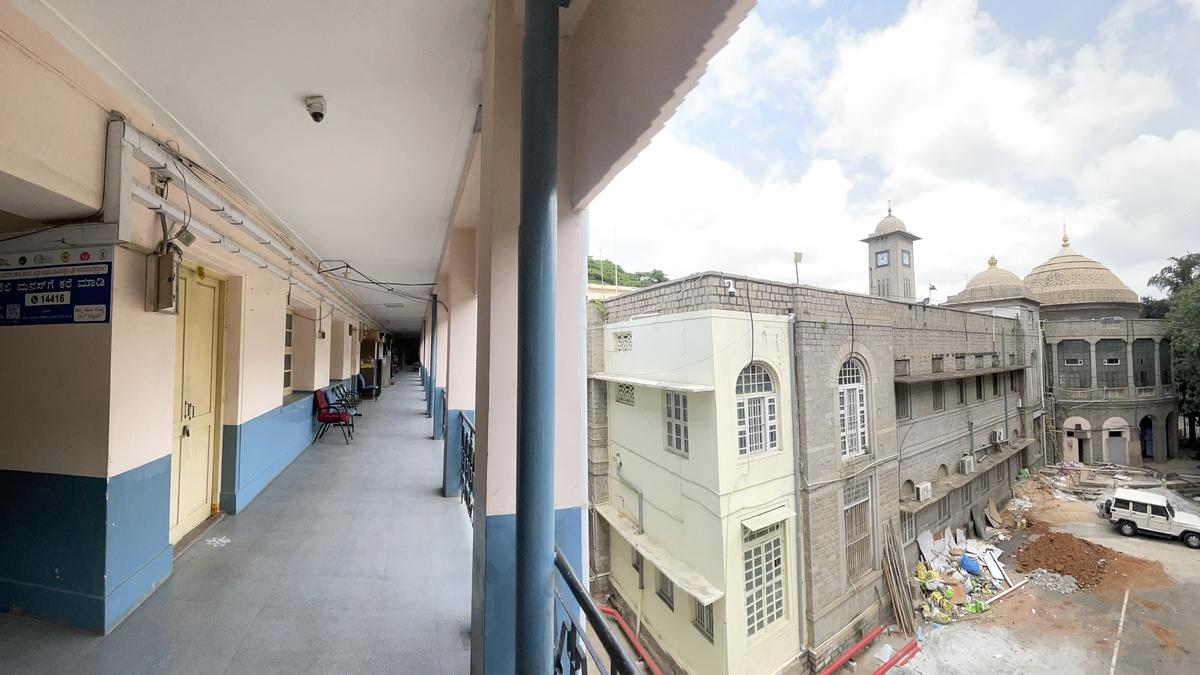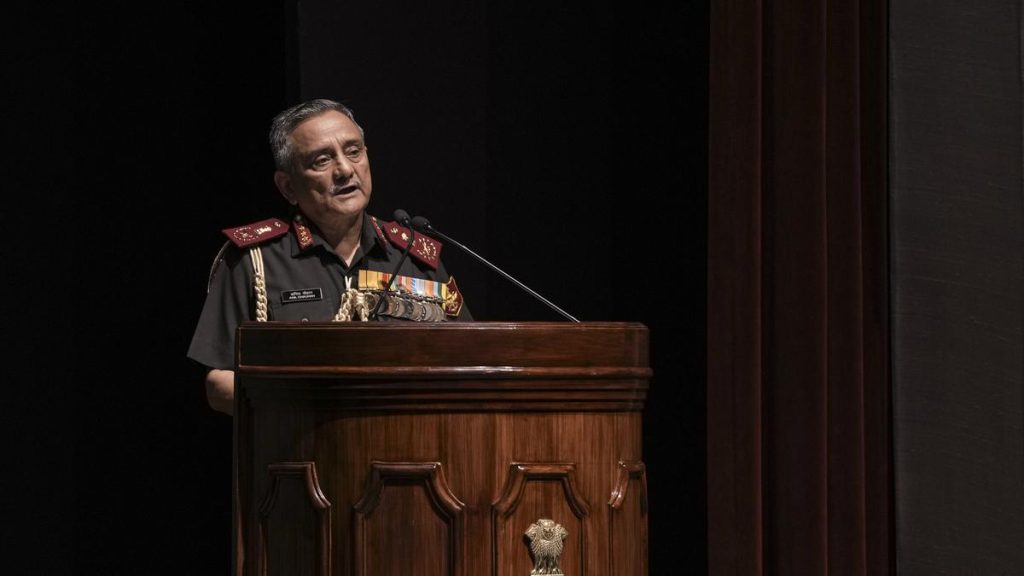Now Reading: BBMP Employees End Strike as Suspension Rollback Promised, Services Resume After Tuesday Disruption
-
01
BBMP Employees End Strike as Suspension Rollback Promised, Services Resume After Tuesday Disruption
BBMP Employees End Strike as Suspension Rollback Promised, Services Resume After Tuesday Disruption

Quick Summary
- Event: Employees of Bruhat Bengaluru Mahanagara Palike (BBMP) went on strike Tuesday, disrupting civic services in Bengaluru.
- Affected Areas: Revenue, Education, and Health departments saw important disruption; solid waste management was unaffected.
- Impact on Citizens:
– Domestic workers faced challenges accessing healthcare due to the protest by BBMP hospital staff.
– Senior citizens reported difficulties accessing the BBMP office for routine administrative services like e-khatas.
– Classes were poorly conducted in BBMP-run schools and colleges due to teacher participation in the strike.
- Strike Background:
– Triggered by suspension of eight revenue officials over alleged failure during a Scheduled Castes Survey.
– Employees demanded withdrawal of suspensions, filling of 6,000 vacant posts, promotions for direct recruits, and cancellation of employing Marshals in Bengaluru city.
- Resolution:
– Chief Civic Commissioner M.Maheshwar Rao met with protesters at Freedom Park and assured them that suspensions would be withdrawn while other demands would be taken up with the State government.
– Employees’ association called off the strike after assurances were provided.
Indian Opinion analysis
The one-day strike reflects underlying tensions within municipal governance structures such as BBMP. While swift intervention by Chief Civic Commissioner M. Maheshwar Rao helped prevent prolonged disruption to critical public services like education and healthcare, it raises questions about systemic inefficiencies such as staffing shortages (6,000 posts). The employee grievances also highlight dissatisfaction with leadership decisions like hiring Marshals.
For citizens relying on basic civic amenities run by BBMP – including hospitals and administrative offices – such strikes lead to acute hardships. Consistent engagement between employees’ associations and government bodies coudl help mitigate sudden escalations that directly impact urban residents.
The broader issue lies in ensuring municipal bodies are adequately staffed for uninterrupted functioning while balancing reforms demanded by employees. Addressing these challenges efficiently will require coordinated efforts toward structural improvement within local governance networks.
Read more: Source
























